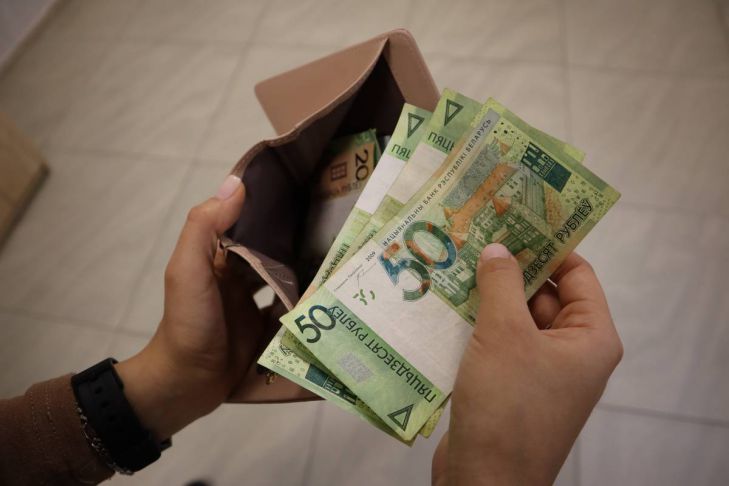Almost all parents want their child to grow up and become a successful member of society, independent, and able to earn good money.
And also, so that he knows how to handle money wisely. So that he can afford expensive equipment, interesting trips and much more.
But for all this to happen, desire alone is not enough. You need to teach your children how to manage money from childhood.
So how can you teach your child to manage money wisely?
Tip 1: Explain to your child in a language he or she understands the value of money.

Tip 2. Tell your child what the parents' salary is spent on. How much is spent on food, how much on rent, clothes, entertainment, etc. For small children, you can illustrate this with pictures and drawn coins. For example, there are seven coins in total. They need to be sorted into pictures of food, an apartment, clothes, trips to the park, toys.
In this situation, children do not get the feeling that their parents are spending money only on themselves.
Tip 3. Give children small amounts of pocket money. And let the child decide how to spend this money. It is reasonable to ask at first what the money was spent on and tell the child how best to manage his small budget.
Tip 4. As the child grows older, the amount given for pocket expenses can be increased. And at the same time, you can trust the teenager with more freedom in managing finances.
Tip 5: Teach your child to keep track of their expenses and income.
Tip 6: Tell your child how to plan their spending so that they can put some money aside for large purchases.
Tip 7. When going on vacation, give your child a certain amount of money. At the same time, agree that he will manage the money himself. He can spend it on entertainment, treats or souvenirs, but he will not ask for more. When giving your child money, prohibit the words "buy" and "want".
Tip 8. When giving out pocket money, remember to be moderate. Because if you fulfill all of your child's immediate desires and spoil him excessively, he will not be able to feel the value of money. And, accordingly, he will not learn to value the money itself, or the things purchased with it, or the work of his parents.








